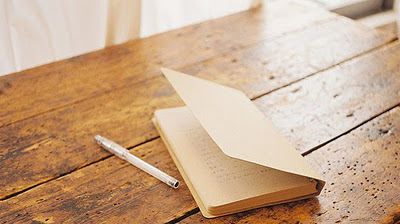睡觉时也能学习新东西?原来大脑并没有休息
|
Your Brain Really Can Form New Memories While You Sleep A sleeping brain can form fresh memories, according to a team of neuroscientists. The researchers played complex sounds to people while they were sleeping, and afterward the sleepers could recognise those sounds when they were awake.
In the new study, published Tuesday in the journal Nature Communications, neuroscientists demonstrated that it is possible to teach acoustic lessons to sleeping people. "We proved that you can learn during sleep, which has been a topic debated for years," said Thomas Andrillon, an author of the study and a neuroscientist at PSL Research University in Paris. In recent years, scientists have trained sleepers to make subconscious associations. In a 2014 study, Israeli neuroscientists had 66 people smell cigarette smoke coupled with foul odours while they were asleep. The test subjects avoided smoking for two weeks after the experiment. In Andrillon's view, the experiment helps to reconcile two competing theories about the role of sleep in new memories: In one idea, our sleeping brains replay memories from our waking lives. As they're played back, the memories consolidate and grow stronger, written more firmly into our synapses. In the other hypothesis, sleep instead cuts away at older, weaker memories. But the ones that remain stand out, like lonely trees in a field. The study indicates that the sleeping brain can do both, Andrillon said. They might simply occur at separate moments in the sleep cycle, strengthening fresh memories followed by culling. A separate team of neuroscientists had suspected that the two hypotheses might be complementary. But until now they did not have any explicit experimental support. When asked whether understanding the roles of sleep cycles and memory could lead to future sleep-hacks, Andrillon said, "We are in the big unknown." But, he noted, sleep is not just about memory. Trying to hijack sleep could disrupt normal brain function. Which is to say, even if you could learn French while asleep, it might ultimately do more harm than good. "I would be very cautious about the interest in this kind of learning," he said, "whether this is detrimental to the other functions of sleeping." |









